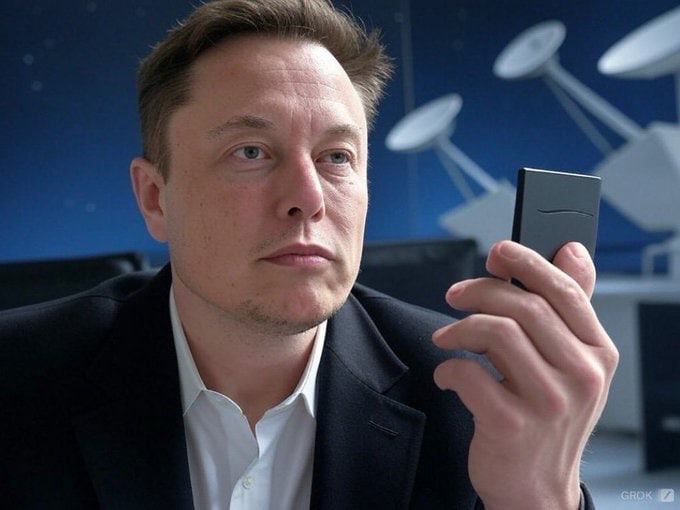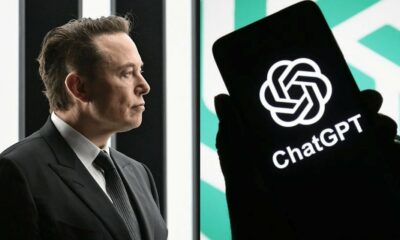Business
What Starlink Can Learn from Microsoft’s South African Market Entry

As Elon Musk’s Starlink gears up for a bigger footprint in South Africa, the conversation about regulatory hurdles and empowerment policies has reignited. But industry veterans say this isn’t uncharted territory — and Microsoft’s journey into the South African market might just be the blueprint Starlink needs to study.
In a post shared on 25 May 2025 via X (formerly Twitter), Mteto Nyathi — former Managing Director of Microsoft South Africa — reflected on how the global tech giant entered the local market over a decade ago and made it work without bypassing empowerment laws or handing over ownership.
Back in 2011, Microsoft signed one of the first Equity Equivalent Investment Programmes (EEIPs) in South Africa’s ICT sector, valued at R500 million. That move, as Nyathi points out, opened the door to much more: over R25 billion in investments, the development of cloud data centres, partnerships with local suppliers, and critically — job creation and skills development for South African youth.
“None of that R25 billion was about handing money to individuals,” Nyathi said. “It was about building real infrastructure, creating jobs, and buying from local businesses.”
What Starlink Might Be Missing
The broader takeaway from Nyathi’s post is this: entering the South African market — even as a US tech company — does not require the rewriting of laws or extreme sacrifices. It does, however, require a genuine commitment to local economic empowerment.
There has been a narrative suggesting that it was impossible for Starlink to operate in South Africa without giving away equity to a Black-owned business. But Microsoft’s experience challenges that. It shows that it’s possible to meet local empowerment requirements without giving up control — while still building a successful, scalable business.
Microsoft didn’t fight the system. It worked with it.
And the reward? Widespread adoption of Microsoft products across the public and private sector, deep local trust, and long-term profitability.
The Risk of Dependency Without Development
The debate around Starlink’s entry has also raised another concern — one that goes beyond policy: capacity-building. If global players like Starlink offer tech without helping develop local skills to maintain and support it, South Africa risks becoming overly dependent on external providers.
Empowerment isn’t just about ownership or equity. It’s about ensuring that South Africans have the skills, tools, and opportunities to participate meaningfully in the technology economy.
It’s unclear why policy changes were necessary to accommodate Starlink when the existing legal framework already allowed for market entry — as Microsoft and others have demonstrated.
It’s Not Just About Starlink
There’s no doubt that Starlink can do good — especially in bridging South Africa’s digital divide and bringing rural areas online. That’s worth celebrating. But this conversation must also include bigger questions:
-
Where is Sentech, South Africa’s state-owned signal distributor, in this new connectivity landscape?
-
Shouldn’t a local entity be leading the charge in providing satellite-based internet?
-
Are we building local capabilities or simply outsourcing our digital future?
Nyathi’s reflections remind us that meaningful tech investment goes beyond satellites in the sky. It’s about digging deep, empowering communities, and growing the digital economy from the ground up.
And in that regard, Elon Musk — and others with ambitions to launch services in South Africa — have a lot to learn from Microsoft.
{Source: IOL}
Follow Joburg ETC on Facebook, Twitter , TikTok and Instagram
For more News in Johannesburg, visit joburgetc.com



























